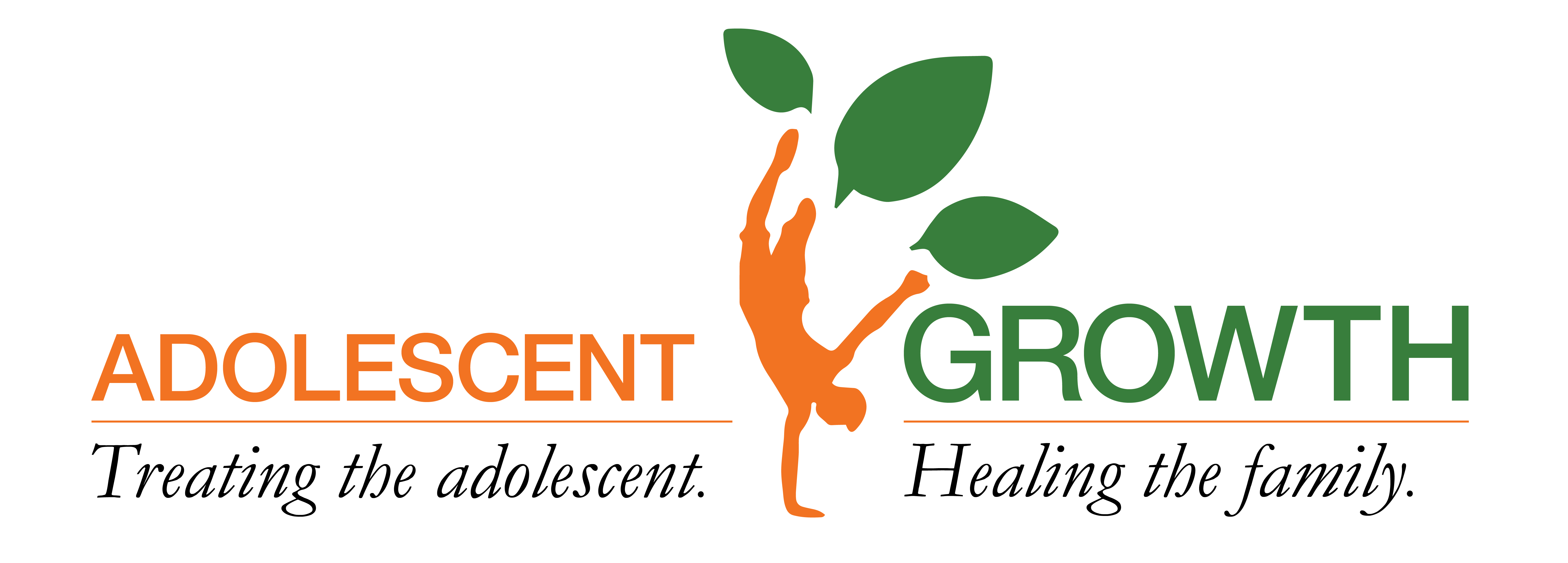ADHD
Disorder
Talk to a
SPECIALIST
about our
TREATMENT
SERVICES
Attention Deficit Hyperactivity Disorder in Teens
Attention Deficit Hyperactivity Disorder (ADHD) is a neurodevelopmental disorder that affects millions of children and adolescents throughout the United States. Young people with ADHD have a number of problems that interfere with day to day life including difficulty sustaining attention, impulsiveness, and hyperactivity.
Symptoms of ADHD in Young Adults
A child with ADHD may have some or all of the following symptoms:
Inattentive Symptoms:
- Easily distracted, poor attention to detail
- Forgetful
- Frequently switches from one activity to another, difficulty focusing on a single task
- Becomes bored easily
- Poor organizational skills
- Difficulty learning new things
- Trouble completing homework assignments
- Often loses things
- Does not listen when spoken to
- Daydreams or does not pay attention
- Easily confused
- Difficulty following instructions
- Difficulty doing quiet tasks
Hyperactive Symptoms:
- Fidgets and squirms in their seat
- Talks nonstop
- Dashing around or playing with anything and everything in sight
- Trouble sitting still
- Constantly in motion
Impulsive Symptoms:
- Very impatient
- Makes inappropriate comments
- Has difficulty waiting for things they want or taking turns
- Often interrupts others’ activities or conversations
Children are naturally somewhat inattentive, hyperactive and impulsive. For example, it is normal for young children to have short attention spans and be unable to focus on tasks that are not interesting to them. A child should not be diagnosed with ADHD simply because they are more energetic than their siblings or peers or because they are struggling in school. It is important for ADHD to be diagnosed by a doctor as many of the signs and symptoms of ADHD are also present in other disorders.
What Happens if My Teen is Untreated for ADHD?
Teens with ADHD struggle in many areas of their life and without proper treatment ADHD can interfere with school and home life as well as peer and family relationships and ultimately confidence and self esteem. These added struggles often contribute to lowered self esteem, interpersonal problems and poor decision making. Due to these troubles children with untreated ADHD are at increased risk of alcohol and drug abuse and other types of dysfunctional and harmful behavior.
- Struggle in the classroom.
- Tend to have more accidents and injuries.
- Have trouble interacting with and being accepted by peers.
Co-Occurring Conditions
Although ADHD does not cause these other disorders, it often occurs alongside of them. If your child continues to struggle even after undergoing treatment for ADHD, it is possible that there is something else going on. Children with ADHD are more likely to struggle with other complicating conditions including:
- Learning Disabilities
- Anxiety Disorders
- Depression
- Bipolar Disorder
- Oppositional Defiant Disorder
- Conduct Disorder
- Tourette Syndrome
